Trapping on public lands in New Mexico continues to put wildlife, pets and us at risk, but now there’s a real chance it could be banned forever.
The Wildlife Protection and Public Safety Act (HB 366), which was just introduced by Rep. Matthew McQueen, Rep. Christine Chandler and Rep. Roberto Gonzales, would ban commercial and recreational trapping on public lands, with limited exceptions, finally ridding the landscape of cruel traps and snares.
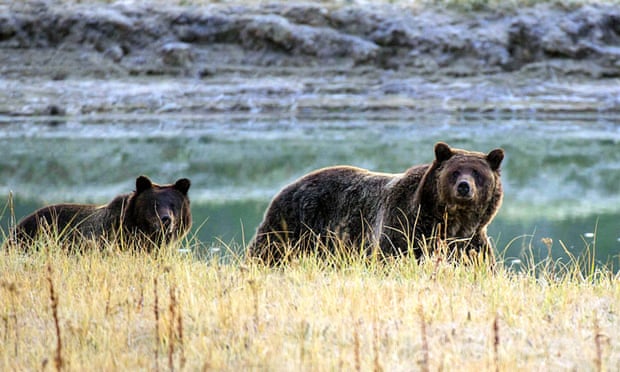
It would also the use of poison, such as Compound 1080, and M-44s, or cyanide bombs, which have faced increasing opposition over the incredible dangers they pose.
“We are grateful for the state legislature’s thoughtful consideration of House Bill 366 to strike a better balance among diverse interests on New Mexico’s public lands—toward improved public safety, animal welfare, and ecosystem health—that would protect endangered species from dangerous, indiscriminate traps,” said Jessica Johnson, chief legislative officer for Animal Protection Voters.
The bill has been dubbed Roxy’s Law after a dog who was killed in a snare that was illegally set by a trail late last year, but she is tragically not the only dog to have been injured and killed as a result of trapping in the state.
Unfortunately, not only is trapping putting pets and us at risk, it’s also threatening numerous non-target animals, including endangered species.
It also recently came to light that traps have injured and killed five endangered Mexican gray wolves since November of 2018. According to WildEarth Guardians, one died in veterinary care, while another lost a leg. A third was treated and released, but was later seen limping, while two more were captured and released.
For Mexican wolves, who are already threatened by a small population and lack of genetic diversity, along with illegal killings, trapping is posing an inexcusable threat to their survival and further impeding already weak recovery efforts.
“Trapping takes a tremendous toll on New Mexico—companion animals, native furbearers, and our most imperiled species pay the price for these indiscriminate killing devices,” said Chris Smith, southern Rockies wildlife advocate for WildEarth Guardians. “Public lands and our desert ecosystems cannot bear this burden any longer and it’s time for our elected officials to take action.”
So far, this legislation has been passed out of committee, but still needs to get through the full legislature, and it’s facing opposition.
TAKE ACTION!
You can help by signing and sharing the petition urging lawmakers in New Mexico to pass Roxy’s Law.
This article was first published by Care2.com on 04 Mar 2019.
We invite you to share your opinion whether commercial and recreational trapping on public lands should be banned? Please vote and leave your comments at the bottom of this page.
Thank you for voting.
Editorial Comment: The purpose of this poll is to highlight important wildlife conservation issues and to encourage discussion on ways to stop wildlife crime. By leaving a comment and sharing this post you can help to raise awareness. Thank you for your support.
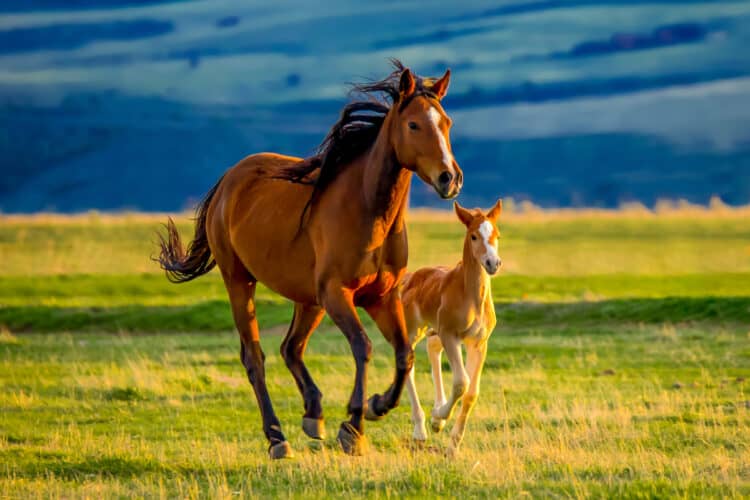
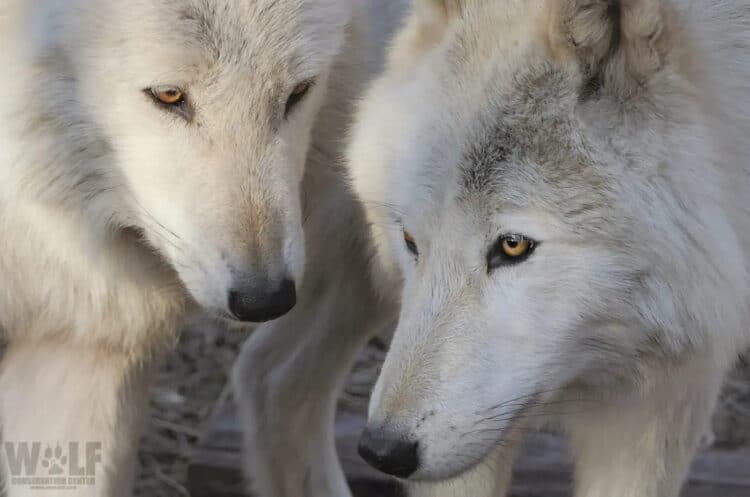
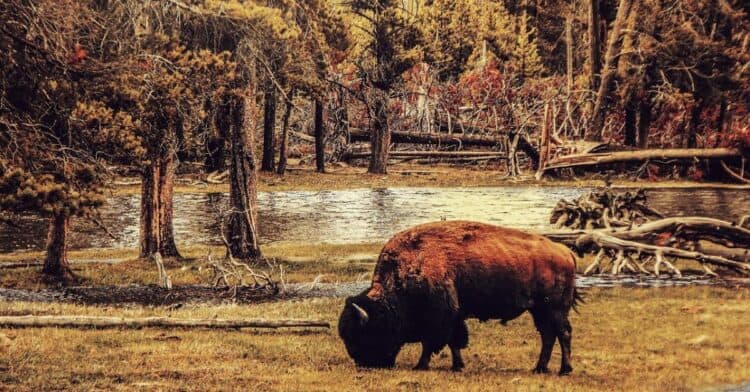
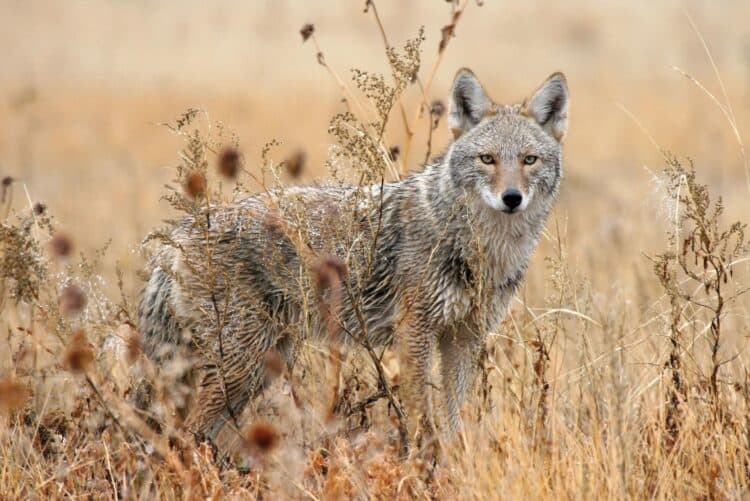


Leave a Reply